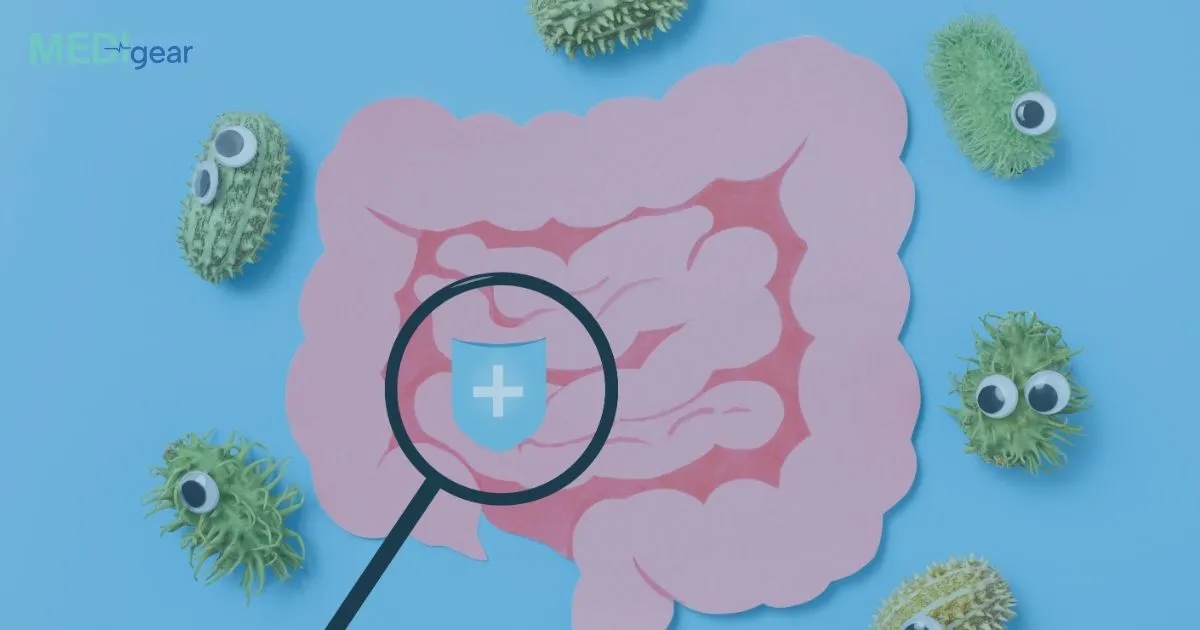Cancer treatment is evolving from a one-size-fits-all approach to personalized medicine, where therapies are tailored to each patient’s unique genetic profile. Genomic testing devices play a crucial role in this transformation by analyzing DNA and identifying genetic mutations linked to cancer development, progression, and treatment response.
1. What Is Genomic Testing?
Genomic testing examines the DNA of cancer cells to detect specific genetic mutations or alterations. These mutations can influence how cancer grows and responds to different therapies. Advanced devices allow clinicians to sequence genes quickly and accurately, making precision oncology possible.
2. Role of Genomic Testing Devices in Cancer Care
a. Identifying Targeted Therapies
Genomic testing devices can pinpoint genetic mutations such as EGFR, BRCA, or KRAS, helping oncologists select treatments designed to target those mutations. This increases treatment effectiveness and reduces unnecessary side effects.
b. Predicting Treatment Response
By revealing how tumors may respond to chemotherapy, immunotherapy, or targeted drugs, genomic testing supports more informed and individualized treatment planning.
c. Detecting Hereditary Risks
Some genomic tests identify inherited mutations that increase cancer risk. This not only helps patients but also guides preventive strategies for family members.
d. Monitoring Disease Progression
Liquid biopsy-based genomic testing allows for non-invasive monitoring of tumor DNA in the blood, helping track treatment effectiveness and detect relapses earlier.
3. Benefits for Patients and Clinicians
- Personalized Treatment: Ensures therapies are matched to tumor biology.
- Improved Outcomes: Increases the chances of successful treatment.
- Reduced Side Effects: Avoids ineffective therapies and unnecessary toxicity.
- Future Prevention: Identifies genetic risks for proactive healthcare.
Conclusion
Genomic testing devices are revolutionizing cancer treatment by enabling precision medicine. From identifying mutations and guiding targeted therapies to predicting treatment response and monitoring progress, these devices empower clinicians to create more effective and personalized cancer care strategies.
Disclaimer: This blog post is for informational purposes only and should not replace professional medical advice. Patients should consult a qualified oncologist or genetic counselor to discuss genomic testing and its role in cancer diagnosis and treatment planning.






